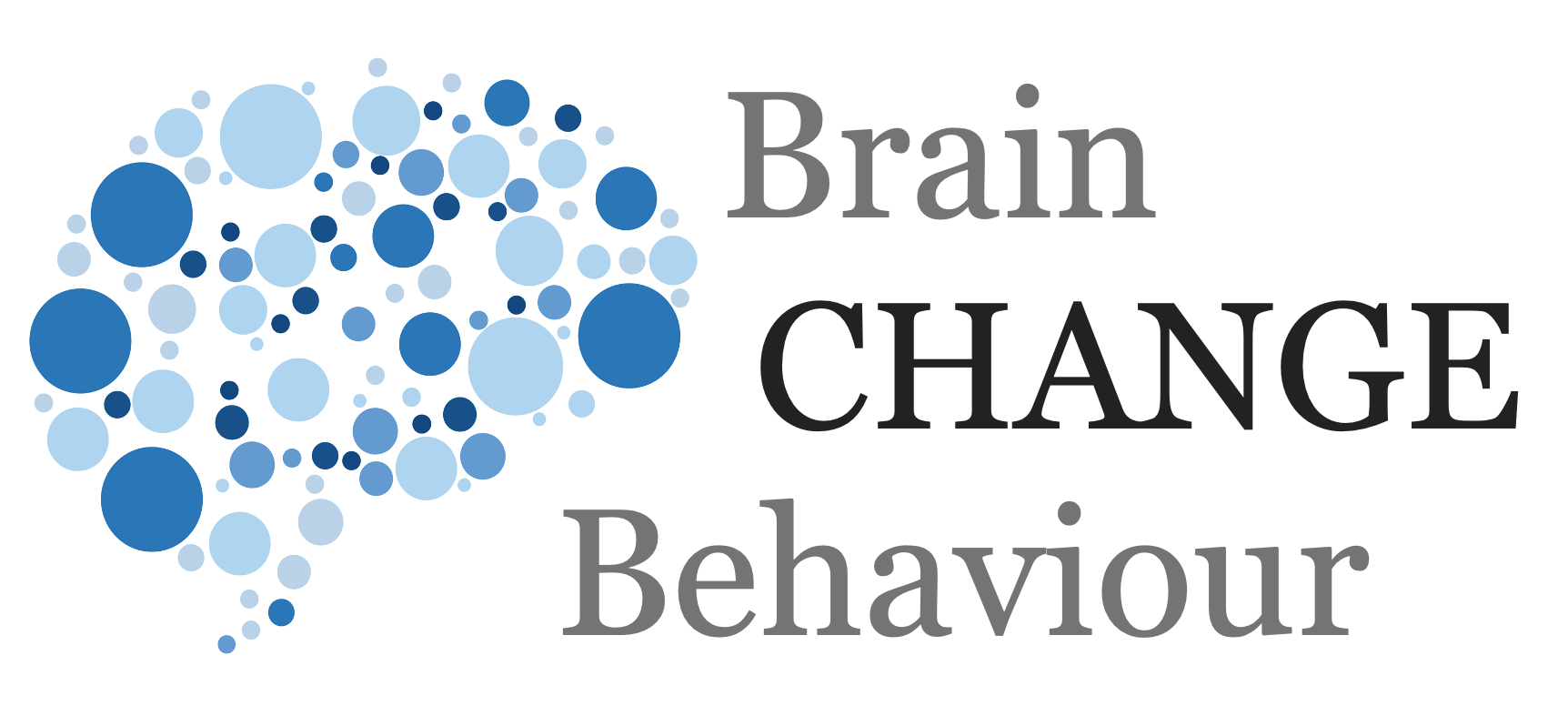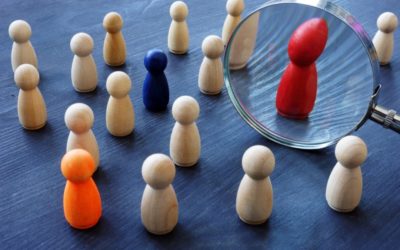
You had to be there is an expression that says you had to be in a particular situation, in that particular vibe, to fully understand a situation. It could have been something that was particularly funny, but on retelling seems to fall flat, or a special emotional occasion which somehow fails to evoke the same emotional depth on relating this to others.
This tells us something that we all intuitively know – that situations are different. Indeed, in social psychology many believe this is one of the most underrated aspects of behaviour: situational or environmental influences. Consider how people behave in churches all over the world. When people walk into a church, they become quiet, and speak in whispers and walk gently around. Churches evoke this behaviour in introverts and extroverts alike. The context is more important than personality.
The contributing factors to situations and contexts are wide and diverse. But it also means that what happens in one situation may not happen in another. So, when it comes to change and behaviour, we have to be conscious of how much is driven by the situation – or indeed if it is situation dependent.
Within this is a supply side problem of people and skills – a change programme may have worked in one situation because of particularly talented individuals or leaders driving this – but you cannot copy and scale these because these are particular skills that limited individuals have.
This means we may be able to change behaviour in one situation and initiate the positive change we want to see but in another it may completely fail.
Simple Takeaways
-
- Understand situations and contexts
- Anaylse situations and contexts
- Collect data on contextual aspects
(including various personality or demographic data as already recommended) - Multiple pilots or trials (as already recommended) in different contexts
© leading brains 2022
References
More Articles
Limits to Scalability – Voltage Drops
Voltage Drop is a useful term and analogy to the problems of scaling ideas or change in any environment. Voltage drop refers to how electrical current can decrease across distance it travels.
The Equilibrium Effect
Things in life tend towards certain balances. This is particularly true in large systems and this is why change can happen in small contexts and be very effective or successful but in large systems different rules apply.
The supply side of scaling
There are a number of problems with the supply side – being able to supply the resources and competencies to drive change.
Unintended consequences and negative spillovers
We all know that any change – well, obviously, changes something. But this also means there will be various knock-on effects
Representativeness of the Population
When we get a good idea, we may know it is a good thing. And because we know it is a good thing we may then falsely assume – without really thinking this through – that everybody thinks this is a good thing.
False Positives – The inference problem
A false positive has become better-known to the general public during the pandemic and with COVID-19 testing particularly with home based quick tests.






